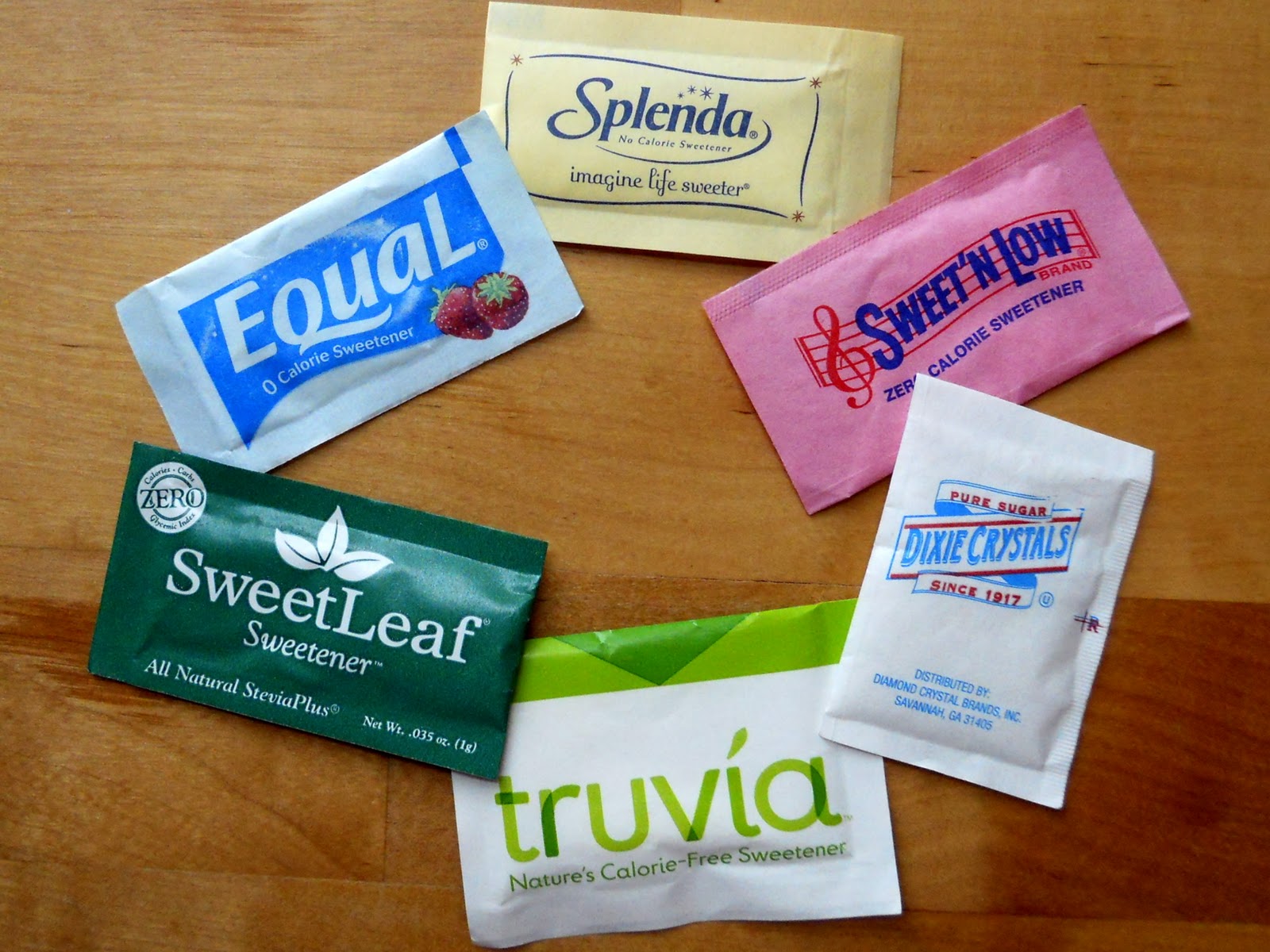A recent study shows an increasing correlation between an increased BMI and waist circumference in consumers of artificial sweeteners when compared to non-consumers.
Regarding cardiometabolic risk, those patients with a high intake of such products had an increased risk of suffering from metabolic syndrome, type 2 diabetes, hypertension, cerebral infarction or cardiovascular events. Therefore, we should not promote the consumption of artificial sweeteners in order to lose weight or reduce the risk of diabetes or hypertension.
Dr. Moisés De Vicente – Neolife Medical Team
A recent meta-analysis, published in July in the Canadian Medical Association Journal (CMAJ), shows that high intakes of such sweeteners does increase cardiometabolic risk.
For a long time sugary drinks have been in the spotlight for many health professionals due to the well-established relationship with obesity and changes in glycemic metabolism. Numerous medical societies, principally the society of Paediatrics, Internal Medicine and Endocrinology are conducting specific programs with the aim of reducing the consumption of such beverages amongst the general population and, in particular, amongst the younger generations. The message has permeated the population and it is now becoming common for individuals to consume “diet” or “zero” drinks (having surpassed conventional soft drinks in popularity). However, the idea is emerging that these sweeteners and artificial substances that are used to replace sugar may in reality be having harmful effects on our bodies, and in particular, may lead to an increase in our cardiovascular risk.  Studies already exist which outline how this type of sweetener if taken routinely and over prolonged periods, can be associated with weight gain and an increased risk of cardio-metabolic disease (2,3,4). A population survey conducted in the United States recently demonstrated that up to 40% of citizens consume sweeteners without nutritional activity such as aspartate, sucralose and stevia. Studies have also shown that, after measuring the amount of sweeteners in blood and urine, people who do not use this type of sweetener as a condiment, are in reality consuming sweetened foodstuffs instead. Recently, a study has been published in which a systematic review was carried out on this topic (1). The study, conducted by Dr. Azad and published in the Canadian Medical Association Journal, delves into the existing evidence concerning the actual ability of these sweeteners to induce weight loss and decrease cardiovascular risk. This meta-analysis, published in July 2017, included seven randomised clinical trials and thirty cohort studies, all of them dated from before February 2016. The primary objective was to check if the consumption of these agents influenced Body Mass Index (BMI) in any way. The effects of sweeteners on waist circumference and cardiometabolic level were also evaluated. The results, once those biased studies had been ruled out, show an increasing correlation between an increased BMI and waist circumference in consumers of artificial sweeteners when compared to non-consumers, after 2 to 4 years of consumption. Regarding cardiometabolic risk, those patients with a high intake of such products had an increased risk of suffering from metabolic syndrome, type 2 diabetes, hypertension, cerebral infarction or cardiovascular events. Therefore, we should not promote the consumption of artificial sweeteners in order to lose weight or reduce the risk of diabetes or hypertension.
Studies already exist which outline how this type of sweetener if taken routinely and over prolonged periods, can be associated with weight gain and an increased risk of cardio-metabolic disease (2,3,4). A population survey conducted in the United States recently demonstrated that up to 40% of citizens consume sweeteners without nutritional activity such as aspartate, sucralose and stevia. Studies have also shown that, after measuring the amount of sweeteners in blood and urine, people who do not use this type of sweetener as a condiment, are in reality consuming sweetened foodstuffs instead. Recently, a study has been published in which a systematic review was carried out on this topic (1). The study, conducted by Dr. Azad and published in the Canadian Medical Association Journal, delves into the existing evidence concerning the actual ability of these sweeteners to induce weight loss and decrease cardiovascular risk. This meta-analysis, published in July 2017, included seven randomised clinical trials and thirty cohort studies, all of them dated from before February 2016. The primary objective was to check if the consumption of these agents influenced Body Mass Index (BMI) in any way. The effects of sweeteners on waist circumference and cardiometabolic level were also evaluated. The results, once those biased studies had been ruled out, show an increasing correlation between an increased BMI and waist circumference in consumers of artificial sweeteners when compared to non-consumers, after 2 to 4 years of consumption. Regarding cardiometabolic risk, those patients with a high intake of such products had an increased risk of suffering from metabolic syndrome, type 2 diabetes, hypertension, cerebral infarction or cardiovascular events. Therefore, we should not promote the consumption of artificial sweeteners in order to lose weight or reduce the risk of diabetes or hypertension.
At Neolife we offer a specific and personal dietary program for each patient that is based on the latest recommendations published in nutritional journals. Thanks to the widespread attention diet and exercise now receive we also promote the importance of physical exercise, nutritional supplementation and, if necessary, hormone replacement therapy. If required we can also perform an optimised cardiovascular prevention in order to avoid or at least delay, the onset of multiple diseases associated with ageing.
BIBLIOGRAPHY
(1) Meghan B. Azad et al. Nonnutritive sweeteners and cardiometabolic health: a systematic review and meta-analysis of randomized controlled trials and prospective cohort studies. CMAJ 2017 July 17;189:E929-39. (2) Swithers SE. Artificial sweeteners produce the counterintuitive effect of inducing metabolic derangements. Trends Endocrinol Metab 2013;24:431-41. (3) Nettleton JE, Reimer RA, Shearer J.
Reshaping the gut microbiota: Impact of low calorie sweeteners and the link to insulin resistance? Physiol Behav 2016; 164(Pt B):488-93. (4) Fowler SP. Low-calorie sweetener use and energy balance: results from experimental studies in animals, and large-scale prospective studies in humans. Physiol Behav 2016;164(Pt B):517-23.
